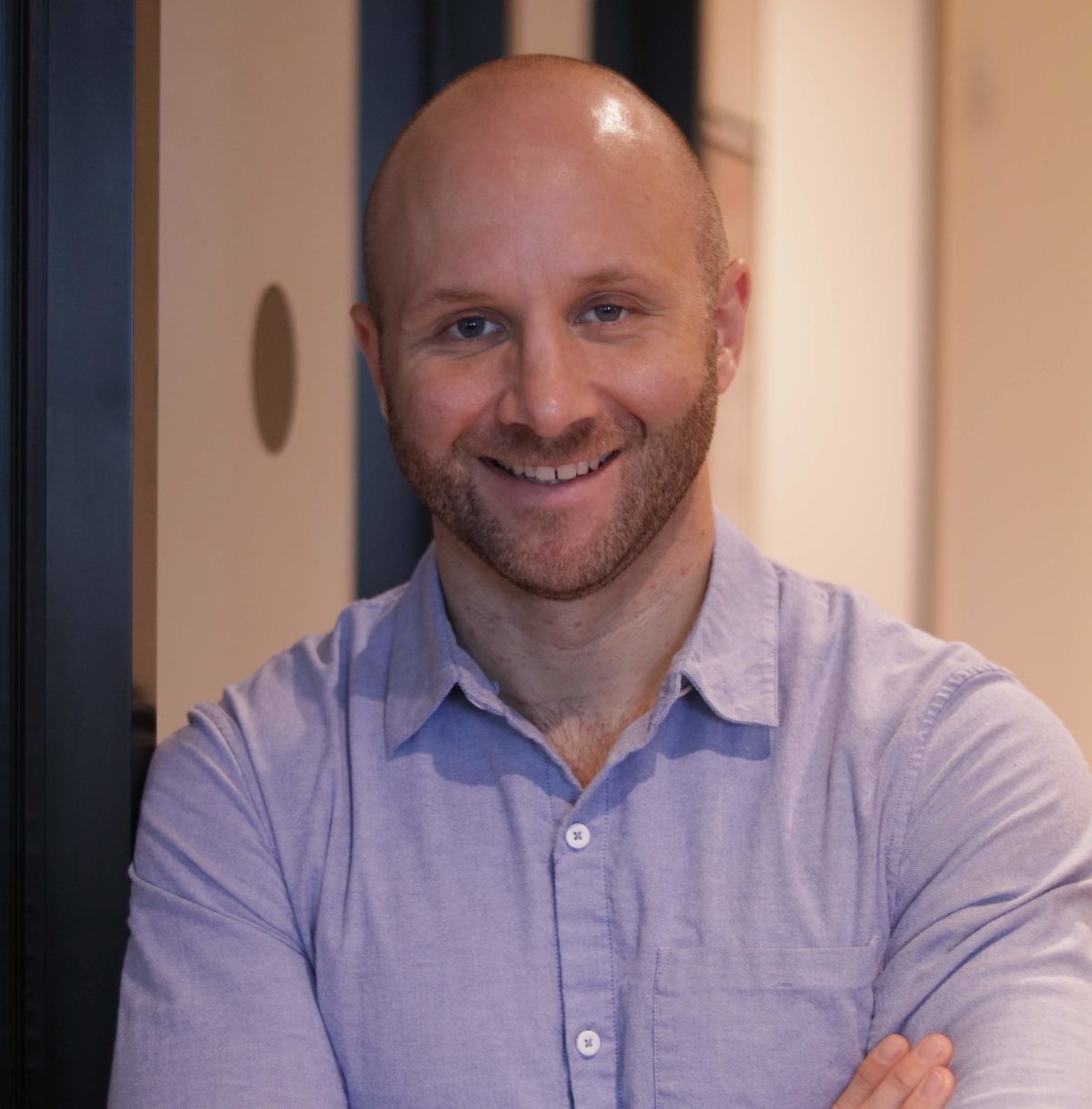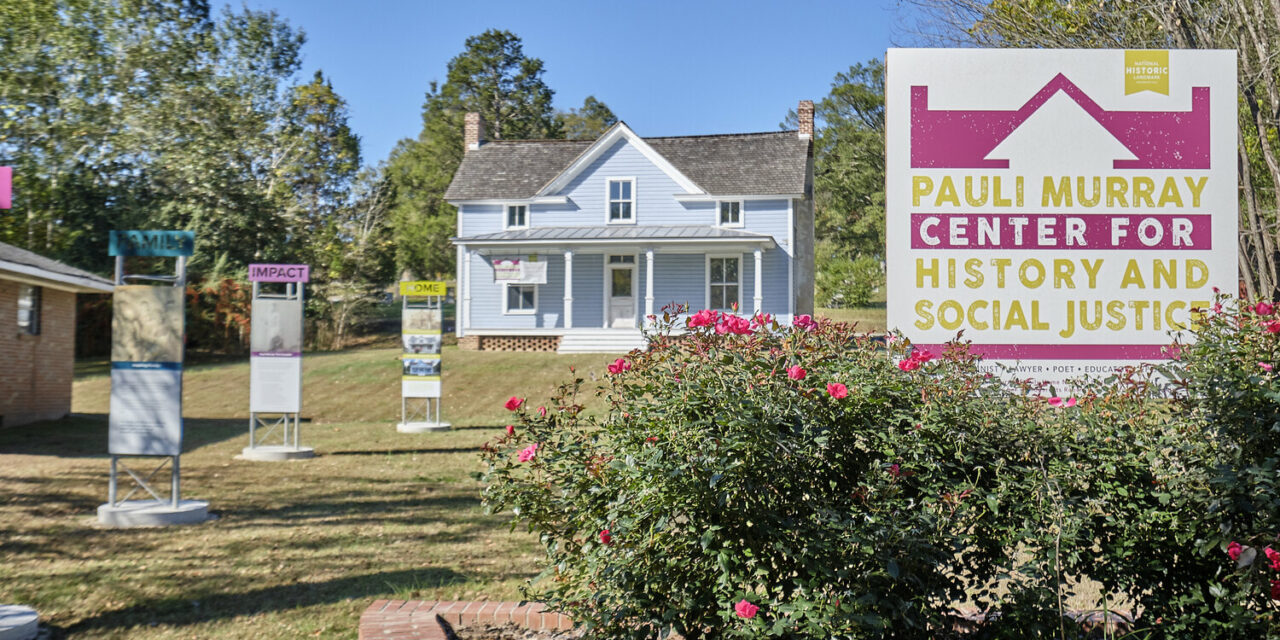From January 2018 until July 2020, my family and I lived half a block from the Pauli Murray Center for History & Social Justice (the former home of Pauli Murray) in Durham.
And I’m sad to say that beside knowing her name, I didn’t really know who Pauli Murray was — or at least the extent in which she shifted our culture through her work.
That is until last week, when I watched the new documentary My Name is Pauli Murray by Betsy West and Julie Cohen (directors of 2018’s RBG), at the 2021 Full Frame Film Festival with my press pass granted through Chapelboro.com.
To be honest, I’m a little embarrassed. Maybe a lot.
Here I am, raising a biracial daughter, and lacking in my education of black history so much that I was unaware of the total impact of a woman who once lived at a house that I passed by every day taking my daughter to school.
I need to know better and I need to do better.
Because if I want my daughter to be a strong woman who fights for what is right, stands tall against forces of oppression, and leads with love and compassion, then I need to tell her about people like Pauli.
Pauli Murray was a force.
She was the first Black person to earn a JSD degree from Yale, a founder of the National Organization of Women, and the first Black woman to become an Episcopal priest. She played a significant role in public school desegregation, women’s rights in the workplace, and the civil rights of Black people as well as the LGBTQ+ community.
Her life and work profoundly impacted the judicial system, the education system, religion, social justice, and civil rights, while also being a queer, non-binary person of color.
We can call that being “ahead of their time” but I’m sure to Pauli it was simply about allowing people the freedom to live life as the people that they are.
June is Pride Month. And Pauli was a person that we should all be proud of and grateful for.
If you follow this column, or know anything about me, you know my business is storytelling.
And this is one of the reasons why I love stories so much. They have the power to educate, to inspire, and to change perspective, as long as people have the will, ability, and persistence to share them.
Full Frame Film Festival has always been an organization — a movement, really — that has cultivated the sharing of those significant stories.
And we should all do our part to continue to share them.
Coincidentally, I hosted Nancy Buirksi (founder and executive director of Full Frame for 10 years) on my podcast this week, and she had this to say:
“Filmmakers have an opportunity — I see it as an obligation — to change the story
as it’s been told.”
But you don’t have to be a filmmaker like me or those at Full Frame. You just have to tell the stories of those great people who have shifted culture like Pauli Murray.
We, in the Triangle area of North Carolina, are fortunate that we have had, and do have, many of those great people right here in our small, yet powerful local community.
Almost a year ago, I wrote this piece in my Chapelboro.com column entitled “What It Means to be an Ally” after the murder of George Floyd at the hands of a police officer.
I could be doing better on all those things I promised.
But I think I should start at home.
 Rain Bennett is a two-time Emmy-nominated filmmaker, writer, and competitive storyteller with over a decade of experience producing documentary films that focus on health and wellness. His mission is simple: to make the world happier and healthier by sharing stories of change.
Rain Bennett is a two-time Emmy-nominated filmmaker, writer, and competitive storyteller with over a decade of experience producing documentary films that focus on health and wellness. His mission is simple: to make the world happier and healthier by sharing stories of change.
You can read the rest of “Right as Rain” here, and check back every Wednesday on Chapelboro for a new column!


